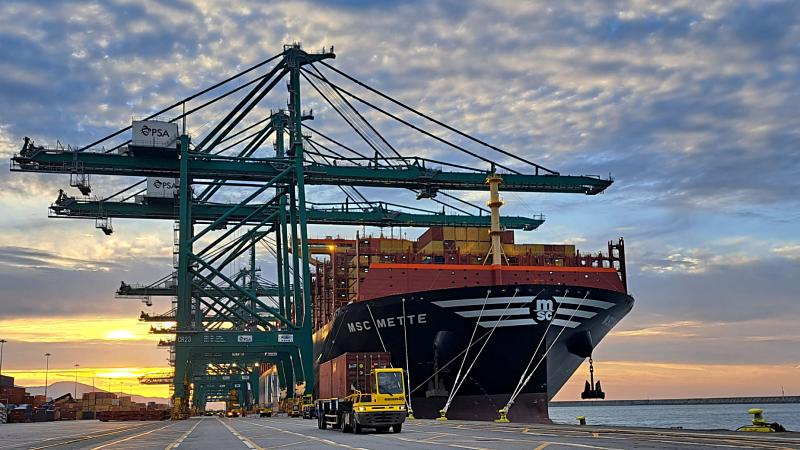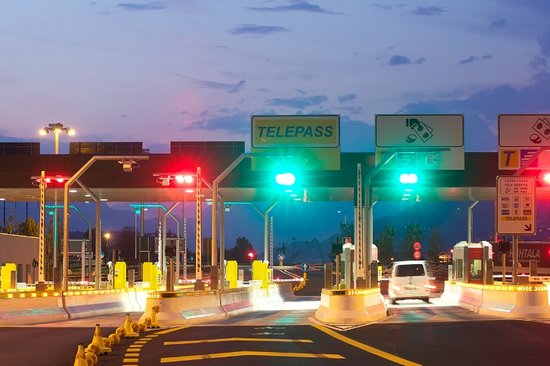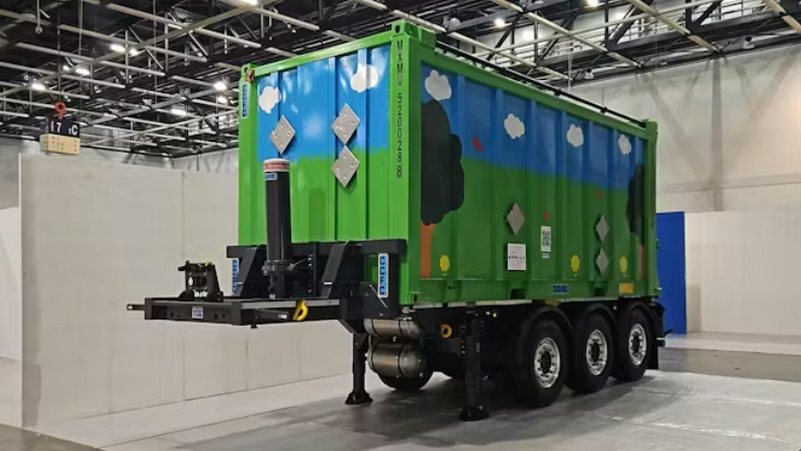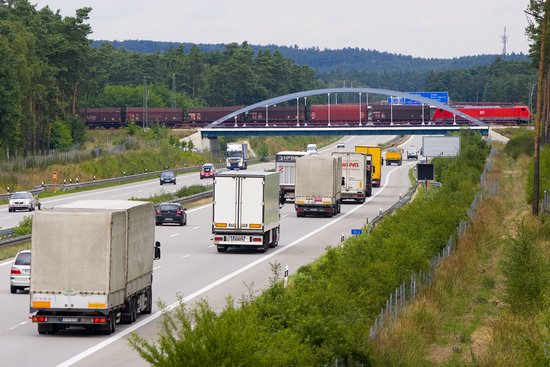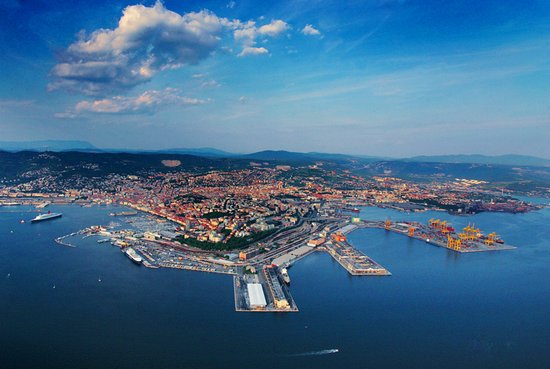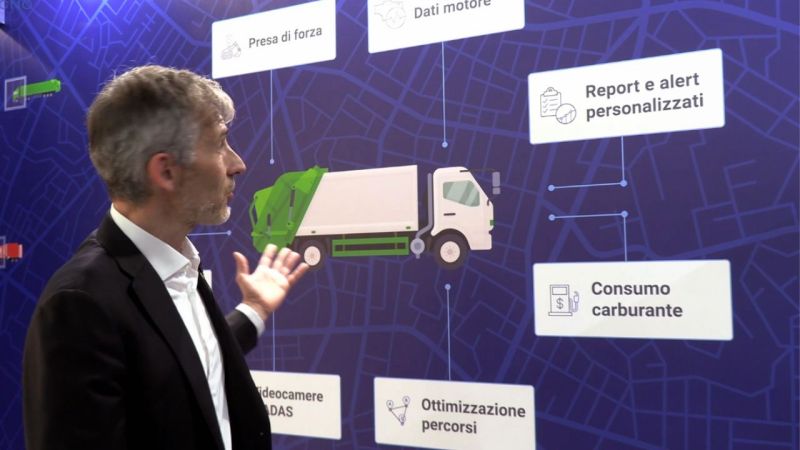In a statement released on August 22, 2024, the British Road Haulage Association (RHA) highlighted a concerning ten percent increase in insolvencies within the road freight sector over the past year. This trend reflects an increasingly challenging economic environment, leading many companies in the sector to shut down, while others continue to operate at a loss with razor-thin profit margins. The RHA noted that the average profit margin in the industry is now just 2%.
Recent data reported by The Times reveals that the number of insolvent companies across various sectors has exceeded the levels seen during the 2008 financial crisis. In the road haulage sector alone, nearly 500 companies ceased operations in 2023, with over 250 more having already shut down this year. This alarming trend has prompted the RHA to call on policymakers to work together to reduce the financial burden on businesses.
The association attributes the crisis to rising interest rates and escalating operational costs, which have made running a business increasingly difficult each year. Fuel prices, which account for a third of costs for companies in the sector, are particularly burdensome. British hauliers also face a competitive disadvantage compared to the European market, as diesel prices are higher in the UK than in much of Europe.
In a recent document titled "Blueprint," the RHA outlined how the government could alleviate the tax burden on the sector to support growth. As the transport sector moves towards decarbonization, some associated costs present significant hurdles. The association is urging the government to develop a detailed plan and sees an opportunity to address the increasing supply and demand by encouraging the adoption of low-carbon fuels like Hydrotreated Vegetable Oil (HVO), which can reduce emissions by 90%.
The RHA is also advocating for the introduction of an "essential user rebate" linked to emissions reductions, which would bring UK fuel taxation levels closer to those in Europe. Additionally, the association wants the government to collaborate on accessing the National Wealth Fund to invest in zero-emission vehicles and infrastructure, ensuring full deductibility.
Other factors at play include a skills gap, an aging driver population, and the impact of congestion caused by poorly maintained roads. The RHA pointed out that congestion alone costs the economy £30 billion annually, with unfinished infrastructure projects like the Lower Thames Crossing making journey planning unpredictable, leading to missed deliveries and increased fuel consumption.


